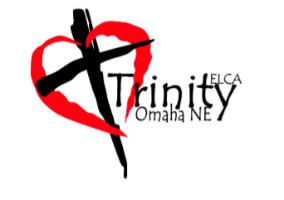Lucas (left) at Trinity on their church work day

Although the trail from Yucaipa, California to Omaha, Nebraska seems to be a long one, new Volunteer Lucas Shurson seems to have made the transition well (probably thanks to spending four years developing some Midwestern charm at St. Olaf College in Northfield, MN). For his year with LVC, Lucas will be serving Trinity Lutheran Church in Omaha as a Community Connector. As the church’s Community Connector, Lucas’ role is assisting the church’s outreach programs – helping run a couple long-standing outreach programs like Trinity Reads, a partnership program with six different Omaha elementary schools that distributes books to schools, while engaging volunteer readers who help elementary school students grow in their love of reading. Lucas also assists with new initiatives like the church’s free library and food pantry, and stays well connected to the congregation by helping with day-to-day operations.
When asked about what his placement site and coworkers have taught him about the work of social justice, Lucas said, “When possible, our efforts toward justice work best when we keep [our particular gifts] in mind. At the same time, it’s important not to get too lost in introspection over our gifts, and to remember that sometimes we’ll be called to ventures we’re less prepared for. The people I work with have found ways to be both realistic and bold, and I hope that I can find myself in a similar place as I continue in my placement.” Lucas also shared that he is most interested in social justice work that occurs in a religious context. He wrote, “The uniqueness of the Church’s history presents both challenges and opportunities for work toward justice, especially with regard to gender and sexuality, and I’m excited to explore those in the coming year.”
A core spiritual practice of LVC is that of living and working in intentional community. Lucas’ role in the church expands his own definitions of community because of the ways he and his work are directly tied to serving both the church and larger Omaha communities. Lucas said, “Actually living and working in a community can be one of the biggest things that determines if work is service or if it’s simply charity. If we can go back home at the end of the day to a home life that’s completely separate from our life of service, there’s a risk that we might forget that service should change the person serving. The identity of a servant is not something we receive when we serve; it’s something we have to learn to grow into.”
Living in community is a task Lucas shares with his five housemates in Omaha’s Hillstrom House. Lucas wrote that from the beginning, “building a community from scratch is really, really hard.” As Hillstrom House has begun to craft their “community covenant,” Lucas wrote, “what LVC actually means to each of us is different. To begin to write a covenant requires that all of us think about our most deeply-held values and then articulate them in a way that our community members can understand and engage with. Then the actual work of turning those values into promises and commitments begins. While the process is new and challenging for me, I do think that our differences will allow us to learn from one another and help each other grow in ways that might not have been the case otherwise. There’s not one single “correct” way to have a community, and I’m confident that we’ll be able to find a model that works for all of us to grow in that way.”
Want to share your LVC Story? Click here and reflect on how our core spiritual practices impacted your LVC Year impacted you – as a Volunteer, placement organization, or support congregation!
 Hillstrom House at National Orientation (Lucas on the far right)
Hillstrom House at National Orientation (Lucas on the far right)


